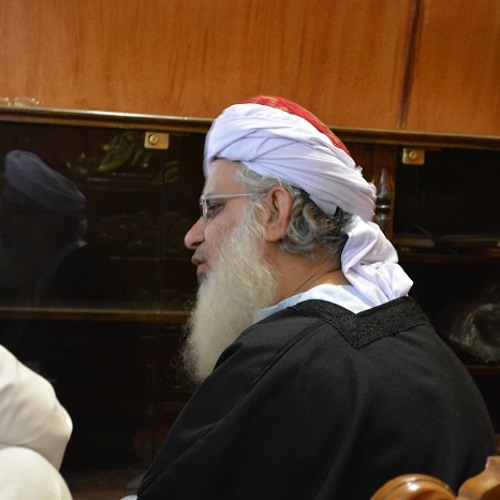Exploring the Influence of Maulana Abdul Aziz

Introduction
Maulana Abdul Aziz, a prominent religious leader in Pakistan, has been a polarizing figure in the landscape of contemporary Islamic discourse. Known for his outspoken views, Aziz has been both praised and criticized for his hardline stances, particularly regarding the role of religion in governance and societal norms. His recent activities and statements have reignited discussions on the influence of clerics in politics and civil society, making it essential to analyze his impact and the implications for Pakistan.
Background
Maulana Abdul Aziz rose to fame as the leader of the Lal Masjid (Red Mosque) in Islamabad during the early 2000s. His sermons and actions have often been linked with radical religious movements. In 2007, his mosque was at the center of a violent standoff with the government that ended in a military operation. Despite this, Aziz remained a controversial and influential figure, advocating for a strict interpretation of Islamic law, known as Sharia.
Current Developments
Recently, following the rise of the Taliban in Afghanistan, Maulana Abdul Aziz has gained renewed attention. In various sermons, he has expressed support for the Taliban’s hardline policies, aligning himself with their interpretation of Islamic governance. His statements have provoked mixed responses from the public, with some supporting his perspective while others condemn his views as extremist.
In addition to his sermons, Aziz has also been vocal against the government’s policies regarding Islamic education and gender rights, arguing that they stray from Islamic teachings. His steadfast adherence to a strict interpretation of Islam has found a following among certain segments of the population, elevating his status among like-minded individuals.
Conclusion
Maulana Abdul Aziz’s role as a cleric continues to stir debate within Pakistani society. As the nation grapples with issues of governance, religious freedom, and the role of clerics in public life, figures like Aziz play a significant role in shaping public opinion. While his hardline stance resonates with a segment of the population, it also raises concerns regarding extremism and the potential implications for societal harmony. As Pakistan continues to navigate these complex issues, the influence of Maulana Abdul Aziz will likely remain a topic of debate and scrutiny, underlining the critical intersection of religion and politics in the region.









